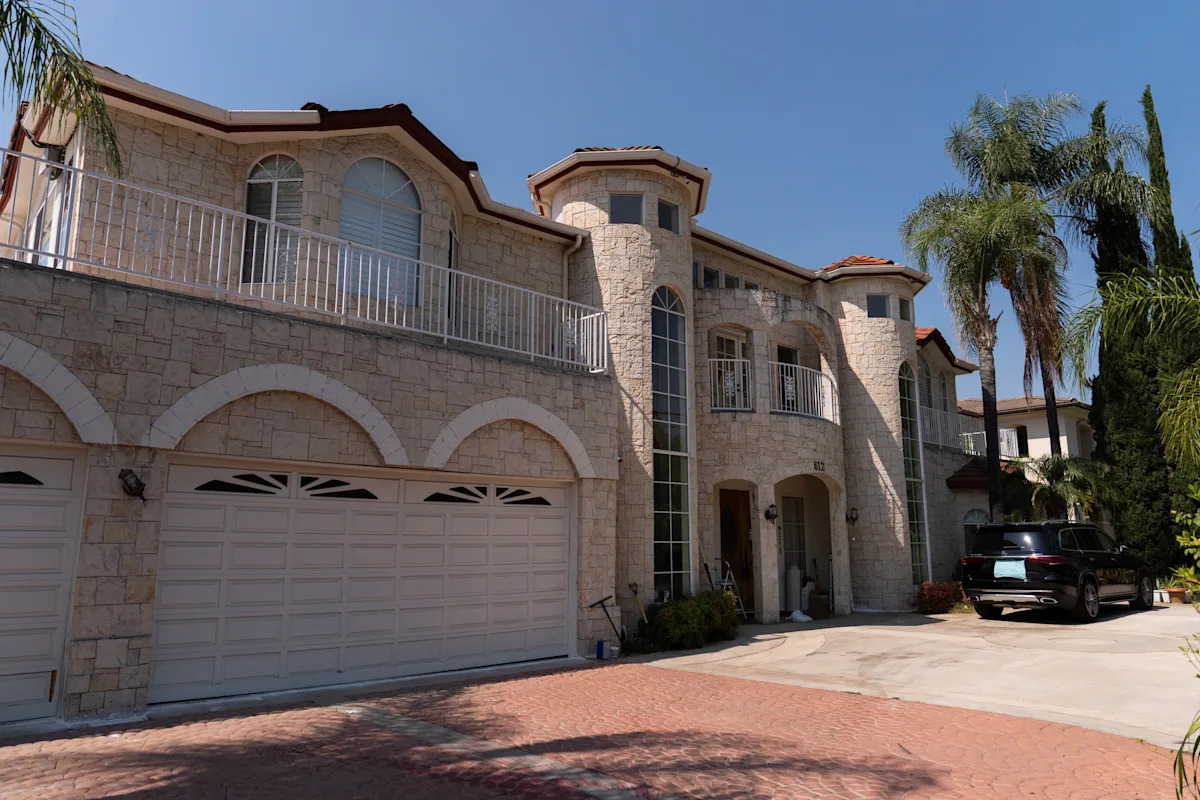The Massachusetts assisted-living facility where a fatal fire killed nine people was caring for dozens of aging residents reliant on wheelchairs and oxygen tanks, but it lacked the safety measures and most of the staffing requirements that are commonplace in nursing homes.
As an assisted-living center, Gabriel House in Fall River, about 50 miles (80 kilometers) south of Boston, offered a type of housing for older residents that has expanded nationally in recent decades. But advocates argue that the absence of any federal regulations and spotty state rules mean the sector is largely left to police itself.
“The real issue is that assisted livings operate in an environment like the Wild West,” said Richard Mollot, executive director of the Long Term Care Community Coalition, a nonprofit that advocates for improved care in nursing and assisted-living facilities. “They can pretty much do what they want with impunity, and that results in a lot of, I would say, mini-catastrophes every day, frankly.”
The fire that tore through the three-story structure late Sunday raised a host of questions about conditions at the dilapidated facility and put the spotlight on the growing number of assisted-living centers in the state and nationwide.
Created in the 1980s, assisted living has been marketed as an option for older adults who need some assistance but not as much help as a nursing home. Advocates argue that regulations for the facilities have not kept up as more locations have opened.
Nursing homes, for example, are governed by federal regulations because they receive Medicare and Medicaid while there are no federal regulations for assisted-living facilities. Nursing homes must have a minimum number of staffers and trained medical professionals such as doctors and nurses, but assisted-living facilities have no such requirements.
“The regulations are minimal,” said Liane Zeitz, an attorney who is also a member of the state Assisted Living Residences Commission, a body created to make recommendations about the sector. She has advocated for more regulations for assisted-living facilities.
The facilities were lightly regulated because initially they were regarded as residential, with lower levels of care and less oversight, she said. But now those facilities are caring for a population “that is much frailer, and the population is growing.”
Not only are the regulations weaker for assisted-living facilities, but advocates argue that the enforcement of the existing rules is often lax.
Paul Lanzikos, a former Massachusetts secretary of elder affairs and co-founder of the advocacy group Dignity Alliance, described a “patchwork” of regulations across the country, with different agencies involved depending on the state.
“Some of the states are much more regulated. Some are regulated as a health care entity. Others, as we do here in Massachusetts, are considered a residential housing model,” he said.
U.S. Sen. Elizabeth Warren, a Massachusetts Democrat, has been advocating for increased oversight for years, particularly after the release of reports about health and safety problems in 2018.
“These are serious problems that have been going on for years,” she said at a hearing last year. “But we hear so much less about what’s going in assisted-living facilities than we do in other facilities, like nursing homes.”
At that hearing, Mollot noted that scandals in the nursing home industry pushed Congress to act in the 1970s and 1980s, and that such a reckoning could be coming soon for assisted living. He described two major risks: increasingly sick and vulnerable assisted living residents and financial exploitation by owner investors.
Speaking Wednesday after learning about the Gabriel House fire, Mollot said the problems that plagued that facility are not unique to Massachusetts.
“Unlike nursing homes, assisted living has no federal state requirements, no requirement for staffing, no requirements for staff training, no requirements for safety protocols, no requirements for inspections,” he said. “That falls to the states, and the states have overall very weak rules.”
___
Associated Press writers Holly Ramer and Matt O’Brien contributed to this report.


